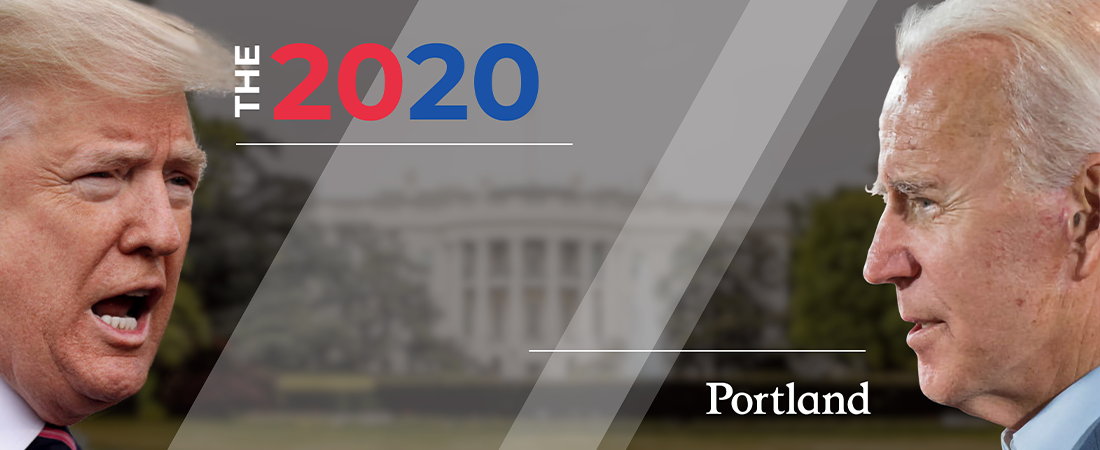The US and China are set for economic decoupling to continue regardless of who wins the US election
TRUMP
Depending on who you ask, Trump’s trade war with China has either reshaped the global conversation around US-Sino relations and forged a new bipartisan consensus, or been a complete failure. The reality combines both.
Republicans and Democrats are united in their desire to rein in China’s unfair trading practices such as forced technology transfers, mandatory joint ventures and massive subsidies to state manufacturers. Trump has drawn attention to these policies but is yet to change China’s behavior in a notable manner, choosing instead to settle for an agriculture purchase agreement to reduce the trade deficit.
In a second term, Trump would renew his focus on China except this time he would have no electoral considerations. Tariffs would renew apace and a more ambitious framework for a trade agreement would take place. We don’t know whether the China hawks Robert Lighthizer and Peter Navarro or the China doves Steve Mnuchin and Wilbur Ross will maintain their positions in a second Trump term. We can expect the hawks to gain traction on Capitol Hill and congressional scrutiny to drive the Trump administration toward a harder line with China.
The deal signed in January was a mini trade deal designed to resolve basic issues in the trade relationship. The far-reaching ideological opposition on both sides of the Pacific means that some trade issues are unsolvable, limiting the possibility of a far-reaching deal. Fundamental disagreements over tech policy and economic subsidies will continue to strain relations and block substantial progress on trade barriers. Similarly, Trump’s inconsistency and habit of withdrawing from international agreements will dissuade the Chinese from committing to a comprehensive preferential trade agreement.
BIDEN
One of the lasting legacies of the Trump administration will be the paradigm shift on America’s approach towards China. Although Biden would seek to unwind tariffs, the relief would not be immediate. His team understands the importance of maintaining a tough stance on China so any end to the trade war will be protracted.
Biden’s preference for multilateralism will see him attempt to re-enter the US into the Trans-Pacific Partnership (TPP), the purpose of which was to bind the pacific rim economies into a US-led trading network, forcing China to adopt US trade practices if it wanted to gain access to the free trade agreement. When TPP was first presented to Congress it encountered substantial opposition from the left, which complained that it had inadequate environmental and labour protections. Given the bipartisan support for confronting China, TPP stands a better chance of passing this time around.
Trade tensions with China are here to stay but Biden will still look to make narrow progress on areas of mutual concern. A bilateral deal on climate change encompassing emission standards, electric vehicles and solar panels could be possible but the hostility towards China from both parties and Biden’s expected hard line on Chinese human rights violations in Hong Kong and against the Uighurs will make any comprehensive agreement inconceivable.

